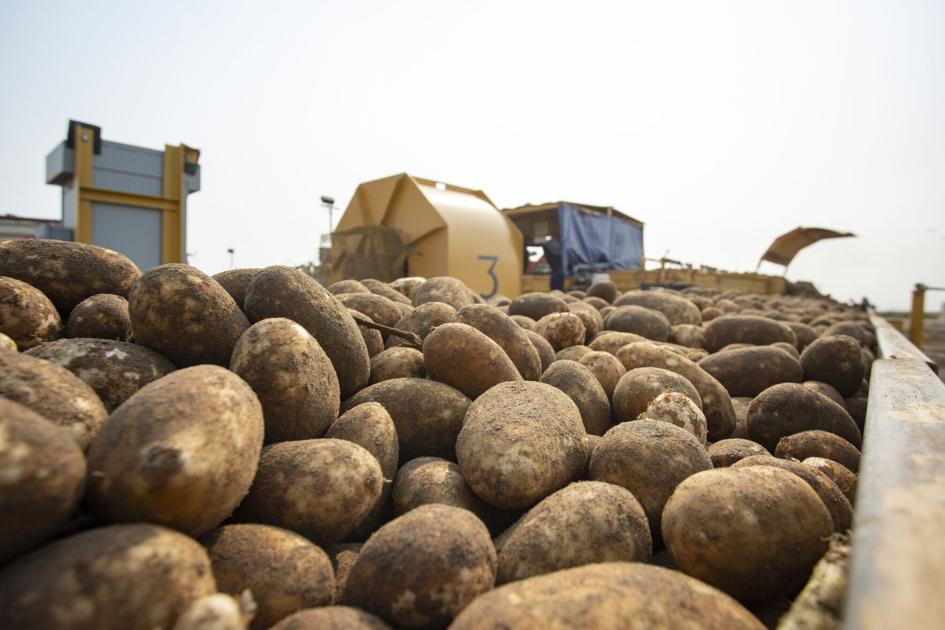As coronavirus cases continue to rise in prisons and detention facilities nationwide, a second outbreak has gone unmitigated in California department of juvenile justice (DJJ) facilities, where an untold number of youth have tested positive for Covid-19.
As of 4 January, the department reported that there were 17 imprisoned young people who currently test positive. In total, at least 119 imprisoned youth of the 750 young people in state custody have tested positive for the virus since June. Advocates suspect the actual numbers are even higher, claiming there have been 40 new cases in December alone, according to the Center on Juvenile and Criminal Justice, a non-profit that provides assistance and policy analysis to reduce incarceration.
The department has not made up-to-date information available. nor has it enacted widespread safety precautions, according to Renee Menart, a communications and policy analyst at the Center on Juvenile and Criminal Justice, which leaves parents of incarcerated children in the dark and forces imprisoned children to navigate the infection alone.
It’s also unclear how many who contracted the virus have fully recovered, and what medical attention is being provided.
“We’ve seen a real reluctance to input greater precautions and greater guidelines,” said Menart, noting that information about infection and recovery rates changes frequently on the agency’s website without explanation.
Imprisoned people are particularly vulnerable to the virus’s impact, with reports that one in five incarcerated Americans have contracted coronavirus, and that prisons are exhibiting high death rates. Israel Villa, the deputy director for the California Alliance for Youth and Community Justice (CAYCJ), said that the centers have the same physical layout as state prisons, with youth housed in multi-person units. But while most state and local jurisdictions have moved to release adults from prisons and jails, incarcerated youth are often last to be considered for early release.
“I got a call from a mother whose son is in DJJ. Apparently, a kid in the unit was sick, so they tested everybody in the unit, and eight of them came back positive,” Villa said. He said that this mother’s son had been forced to quarantine in solitary confinement, without a blanket or access to food. The imprisoned son said that he did not receive any medical attention.
In March, the juvenile justice department suspended visitation for family and friends, further reducing the already limited contact the young people have with their loved ones. Now, Villa said that the agency is not consistently notifying parents when their children become infected. The mother Villa spoke with only heard of her son’s infection after he had been forced to quarantine. “She hadn’t talked to her son in several weeks,” Villa said. “So you can only imagine how parents are feeling.”
“It’s hugely concerning that family members are placed into an advocacy role,” Menart said. “If family members are limited [to] only finding out directly from their child in the facilities, there’s so much information that’s getting lost.”
While young people are at lesser risk for serious Covid effects, some of those in custody, the vast majority of whom are Black and Latino, have underlying health conditions like asthma that can increase the severity and impact of an infection. Chronic health conditions spurred in part by systemic disinvestment in communities of color, contribute to the higher rates of infection and death of Latino and Black patients.
This is the second outbreak in California’s youth imprisonment facilities, the first of which occurred during the summer months. Both outbreaks, as with all that occur inside prisons and detention facilities, result from the virus being brought in from the outside, often by staff and corrections officers.
A former DJJ employee, who remained unnamed due to the sensitive nature of this subject matter, confirmed that many staff do not wear masks or other personal protective equipment, and former colleagues were told that if they did not have a fever within 10 days of showing symptoms they could return to work.
DJJ categorically denies these claims. Mike Sicilia, the deputy press secretary for juvenile justice within the California department of corrections, told the Guardian that staff are required to wear masks around children, that youth who have tested positive are medically isolated for 10 days, and that those with symptoms are treated in the infirmary.
“DJJ’s top priority is the safety and wellness of youth and staff,” Sicilia said.
In January last year, before the pandemic began, the Democratic governor, Gavin Newsom, approved plans to shut down the facilities, supplanting the state system with greater reliance on local and county jails. The closures will occur in stages, and the full dismantling will probably take years.
The unnamed former employee suggested that administrators’ response to the virus was a reaction to plans to close the department. “We don’t know if we’re gonna stay open and we don’t know if we’re gonna close, but so we’re like, ‘Oh, let’s hold on to our numbers.’ Let’s hold on to our dollars, which is our clients, our youth.”
The Link LonkJanuary 08, 2021 at 06:58PM
https://www.theguardian.com/world/2021/jan/08/coronavirus-california-detention-custody
Fears for young people in California detention amid fresh Covid outbreak - The Guardian
https://news.google.com/search?q=fresh&hl=en-US&gl=US&ceid=US:en

No comments:
Post a Comment